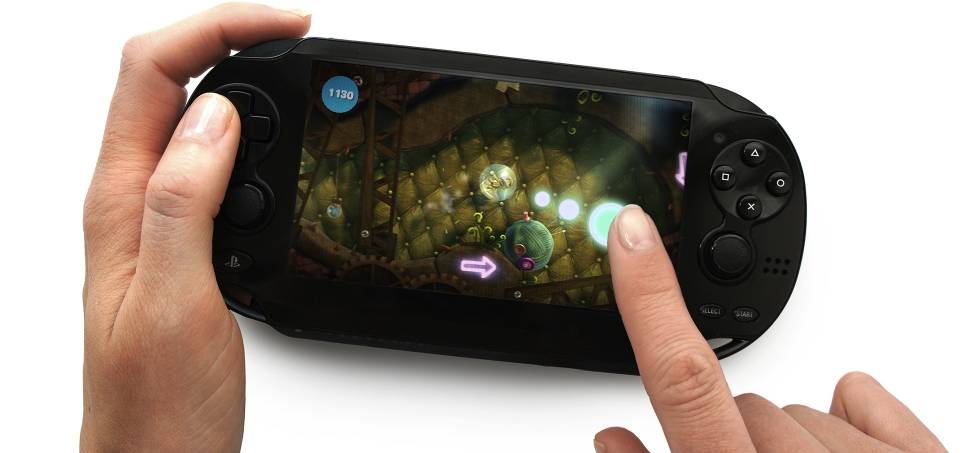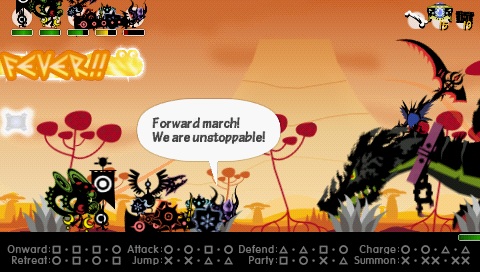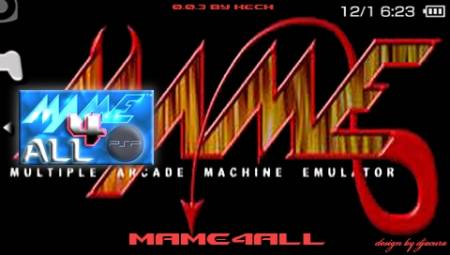
I’m not sure I’ve witnessed a more blatant cash grab that came and went without a lick of righteous fanfare from the consumers it gouges more than Sony’s recent revealing of the UMD Passport program. To be fair, it initially passed under my radar, too.
I know, I know, we’re all busy playing through The Elder Scrolls V: Skyrim--but still. Listen.

UMD Passport is Sony’s long-awaited service to give PSP owners a way to magically transport their UMD-based games on the handheld’s soon-launching successor, Vita. Vita does not come with a UMD reader, which means those games are as good as garbage without access to a digital version to play on Vita. Sony talked about implementing a feature like this when PSP go was a thing but it never materialized.
Sony has not announced UMD Passport outside of Japan, and did not answer my latest query about it.
To take advantage of UMD Passport, users must download a “UMD Passport” application to their PSP, insert a compatible UMD, and Sony somehow verifies that UMD (the exact process isn't known). Once that’s done, you gain access to a digital version--for a cost, anyway.
And that’s where it gets weird really fast.
Simply charging for access to a digital copy isn’t worth getting up in arms about. Bandwidth, while cheap, isn’t free, so while one could argue that Sony should take the hit and encourage goodwill amongst early adopters, passing up on a the chance to ask for a little bit of cash in an age of endless monetization is, at this point, expected. It would make sense, then, to implement an across-the-board cost to make the digital conversion, a fee that would cover Sony’s bandwidth costs through PlayStation Network and provide publishers with compensation that encourages everyone to participate in the UMD Passport program.
No such standard exists. While it’s not plainly spelled out in Sony’s announcement (which is roughly but easily translatable through Google), it’s implied that publishers are determining what to charge for this, and it’s clear publishers have zero problem erring on the side of happily padding the bottom line.

The confusion begins with Sony itself unable to lay out what it should be charging for going digital, with Patapon 3 and Gran Turismo costing 1,000 yen ($12.89), while Hot Shots Golf 2 costs 500 yen ($6.44). The only difference between them seems to be release date and labeling--Hot Shots Golf 2 is part of the “best of” lineup in Japan, and was released late 2007. Gran Turismo (2009) and Patapon 3 (2011) came later.
There is no reason for these games to cost any different, except for Sony to be calculating that some games are worth more than others to consumers, giving them a convenient way to ask for more. The easy-to-buy licensing argument is dispelled by Patapon 3 being wholly original.
When this carte blanche approach to price assignment is handed over to third-parties, it’s far worse.
Pachi-Slot Simulator: Treasures transfer Daito Giken Official enclosed Goddess ~ ~ PORTABLE--yes, that’s the actual name--is a pachinko title that costs 5,040 yen ($64.95) right now on Amazon.co.jp, and the Paon Corporation is asking that anyone who has already purchased the game on UMD to pay 2,500 yen ($30.93) for the digital copy. That’s nearly 50% of the original price price--sheer arrogance, and one of that doesn’t try to hide its unadulterated consumer exploitation. It's staring you in the face.

Sony could have a weakly credible argument about allowing publishers to determine pricing if publishers were doing so based on the relevancy of piracy to each product, but as unlocking these digital copies requires the consumer to have a copy of the actual UMD, that doesn’t hold water. One assumes non-UMD holders would have to pay even more.
Anti-consumer moves like these drive people towards piracy by sheer irritation. Make no mistake: Vita will be broken at some point. No device can avoid piracy; each one can only hope to push that day further back.
While piracy is never justified, it’s not hard to imagine a scenario where a Vita owner wants to play the games they already own on a platform that’s fully capable of doing so, and pausing at the hoops they're asked to jump through. Players are consumers, and deserve respect. Such a user may look over and see publishers seizing an opportunity to squeeze dollars from them and pounce at the chance for subversion. As a platform holder, Sony has the ability--and duty--to keep this under control, but it says everything that Sony’s own games don’t adhere to any coherent standard.
What makes this all the more confusing is Sony's progressive approach to MotorStorm RC, which will be released on both Vita and PlayStation 3. No matter which version you purchase, you'll gain access to the other one. Futhermore, in a conversation with GameIndustry.biz, developer Evolution Studios suggested the game may not even cost full-price, a result of aggressive pricing for mobile games changing the dynamics of the industry. One part of Sony does not appear to be talking to the other.
It may be too late for Japanese consumers--is Sony really going to tell the Paon Corporation it suddenly has to charge exponentially less?--but Sony Computer Entertainment America has an opportunity to make this right. The UMD Passport program has not been announced for anywhere outside Japan, which means there’s time for policies to change before they’re set in stone. It may not come here at all, but in the event that it does: do the right thing, SCEA. Don’t screw your own fans.